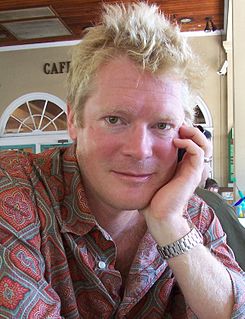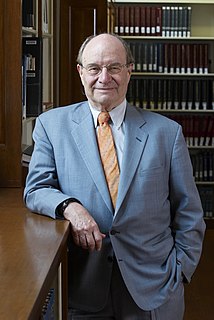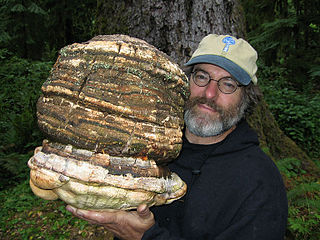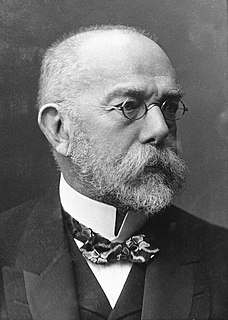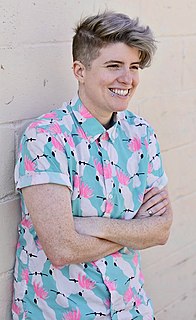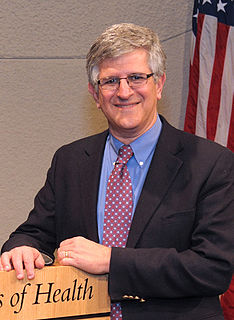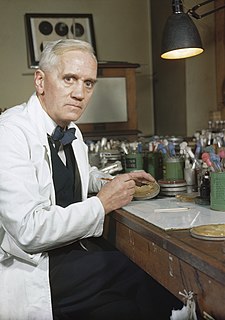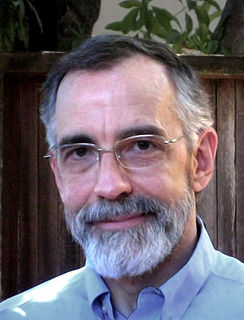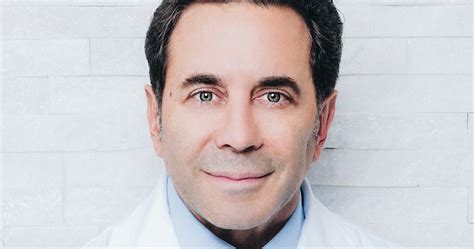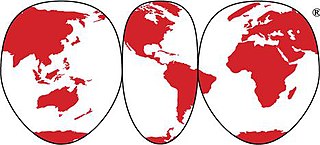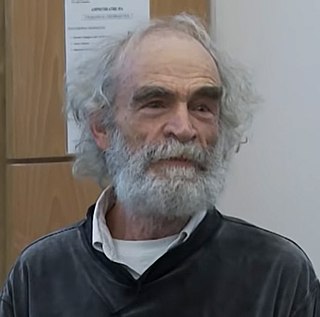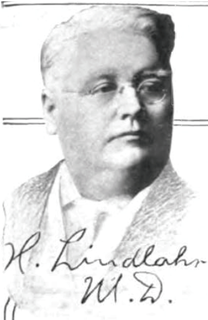Top 164 Bacteria Quotes & Sayings
Explore popular Bacteria quotes.
Last updated on April 14, 2025.
It has occurred to me that possibly the white corpuscles may have the office of picking up and digesting bacterial organisms when by any means they find their way into the blood. The propensity exhibited by the leukocytes for picking up inorganic granules is well known, and that they may be able not only to pick up but to assimilate, and so dispose of, the bacteria which come in their way does not seem to me very improbable in view of the fact that amoebae, which resemble them so closely, feed upon bacteria and similar organisms.
Lots of people think, well, we're humans; we're the most intelligent and accomplished species; we're in charge. Bacteria may have a different outlook: more bacteria live and work in one linear centimeter of your lower colon than all the humans who have ever lived. That's what's going on in your digestive tract right now. Are we in charge, or are we simply hosts for bacteria? It all depends on your outlook.
It has been demonstrated that a species of penicillium produces in culture a very powerful antibacterial substance which affects different bacteria in different degrees. Generally speaking it may be said that the least sensitive bacteria are the Gram-negative bacilli, and the most susceptible are the pyogenic cocci ... In addition to its possible use in the treatment of bacterial infections penicillin is certainly useful... for its power of inhibiting unwanted microbes in bacterial cultures so that penicillin insensitive bacteria can readily be isolated.
Because we humans are big and clever enough to produce and utilize antibiotics and disinfectants, it is easy to convince ourselves that we have banished bacteria to the fringes of existence. Don't you believe it. Bacteria may not build cities or have interesting social lives, but they will be here when the Sun explodes. This is their planet, and we are on it only because they allow us to be.
Plants with leaves no more efficient than today's solar cells could out-compete real plants, crowding the biosphere with an inedible foliage. Tough omnivorous bacteria could out-compete real bacteria: They could spread like blowing pollen, replicate swiftly, and reduce the biosphere to dust in a matter of days. Dangerous replicators could easily be too tough, small, and rapidly spreading to stop - at least if we make no preparation. We have trouble enough controlling viruses and fruit flies.
Teeth represent only 10 percent of the surface of your mouth and bacteria live throughout the whole mouth. When you stop brushing, bacteria left behind resettle on your teeth and gums. Oil pulling reaches virtually 100 percent of the mouth, thereby affecting all bacteria, viruses, fungi, and protozoa in the mouth.
Nineteen hundred and three will bring great advances in surgery, in the study of bacteria, in the knowledge of the cause and prevention of disease. Medicine is played out. Every new discovery of bacteria shows us all the more convincingly that we have been wrong and that the million tons of stuff we have taken was all useless.






